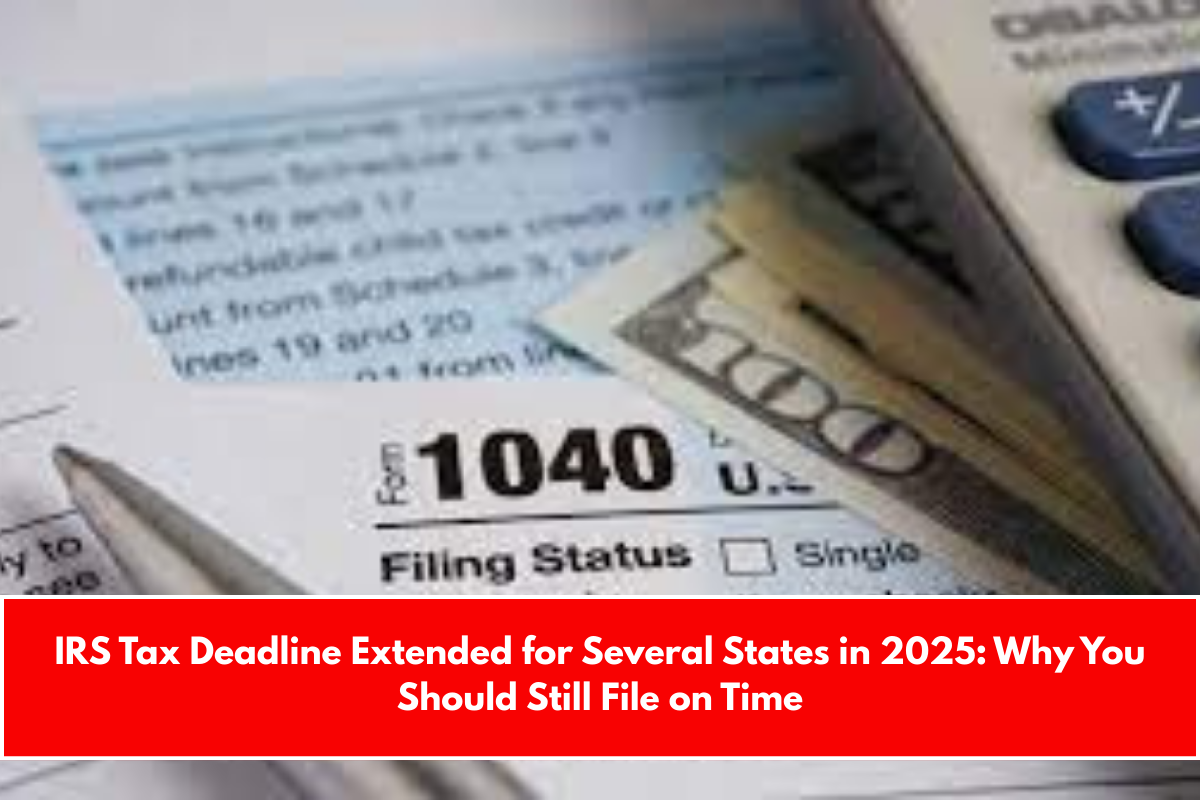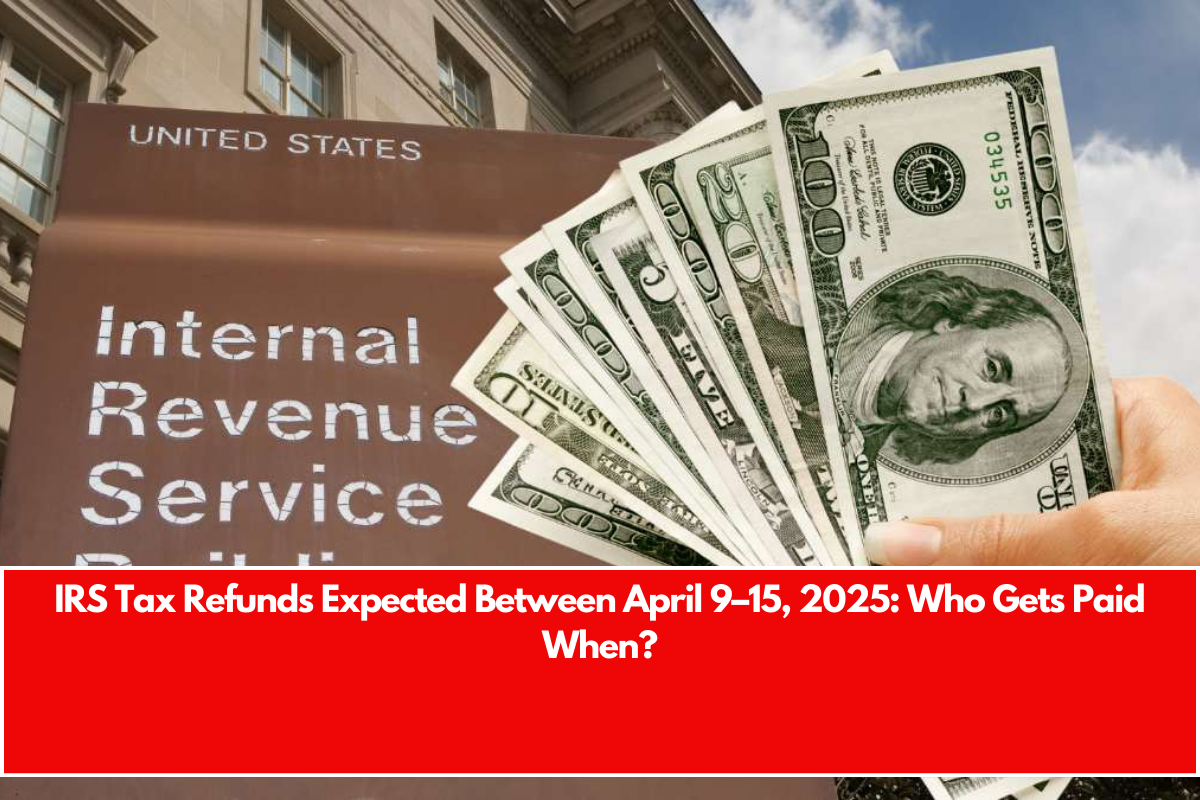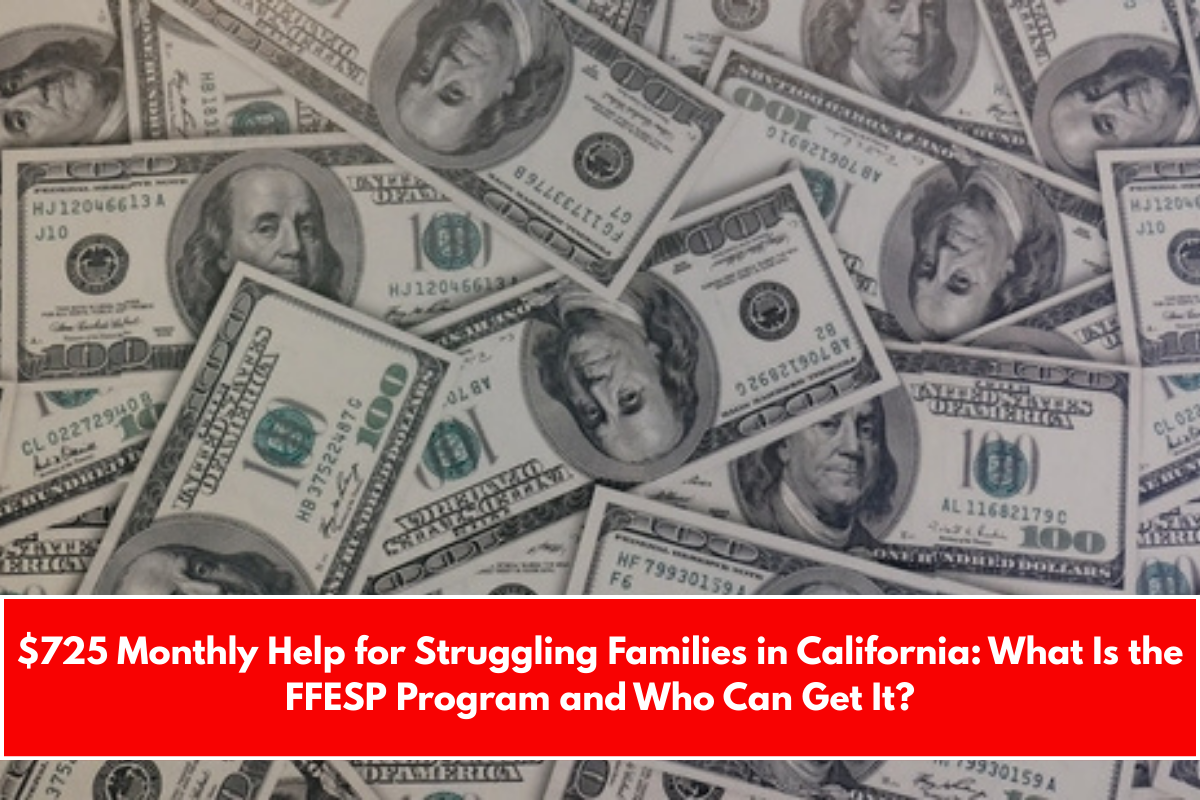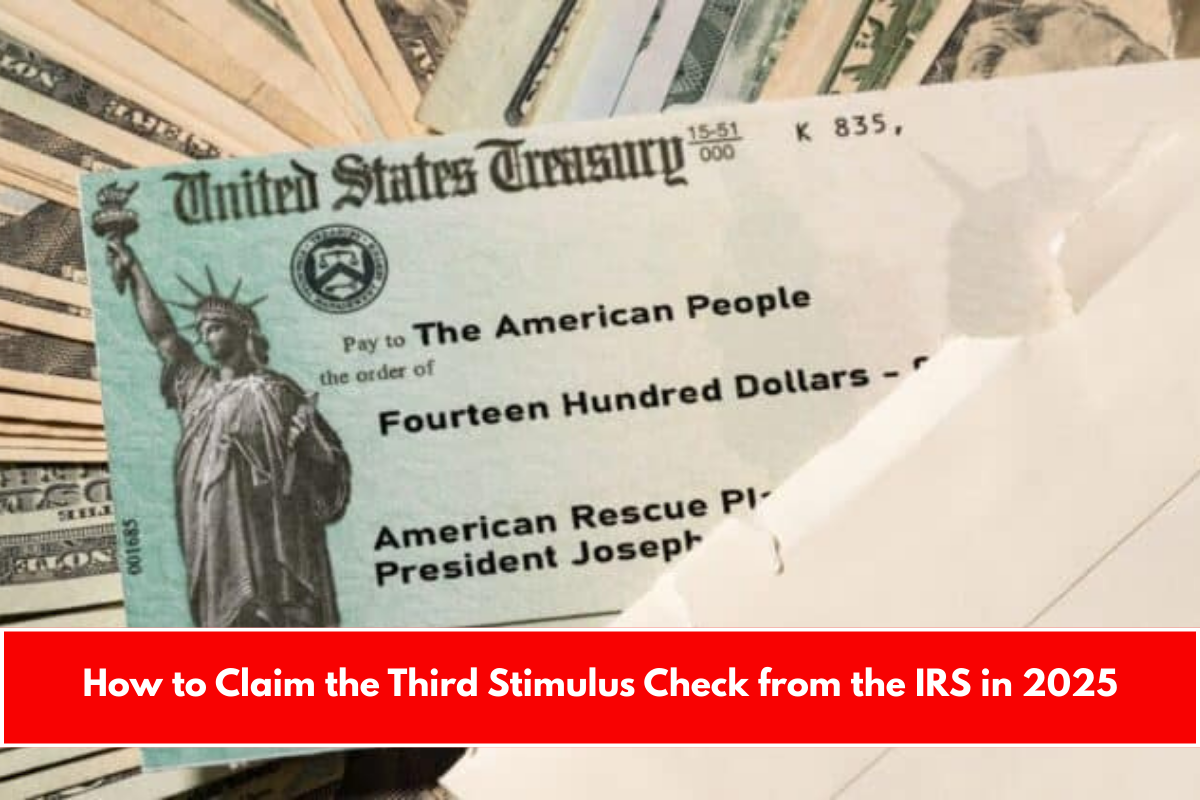During his campaign, Donald Trump promised to reduce taxes on Social Security benefits to help retirees keep more of their money. While this idea is popular, it could cause serious problems for the future of the program.
This article explores the potential consequences of Trump’s plan to lower taxes on Social Security benefits and its long-term effects on beneficiaries.
Trump’s Tax Cut Plan for Social Security
Donald Trump has made it clear that he wants to reduce taxes on Social Security benefits.
During his rally in July, he promised not to raise the retirement age and emphasized his commitment to lowering taxes for Social Security recipients.
In September, Trump further announced plans to cut taxes on Social Security, overtime pay, and tips.
While the plan sounds good in the short term, it is not without its challenges. Experts, like Nancy Altman from Social Security Works, have raised concerns that the plan doesn’t come with a solid plan for how it will be funded.
Lower taxes would mean less money going into the Social Security Trust Fund, which is already facing financial difficulties.
Potential Impact on Social Security Funding
Many recipients might benefit from lower taxes on their Social Security benefits in the near future.
However, analysts warn that these cuts could hasten the insolvency of the Social Security Trust Fund, which may run out of money in the next decade.
The Committee for a Responsible Federal Budget suggests that Trump’s plan could speed up the fund’s depletion by three years, leading to a potential 33% drop in benefits for recipients.
Who Pays Taxes on Social Security Benefits?
Currently, about four in ten Social Security recipients pay federal income taxes on their benefits. The amount taxed depends on their income level.
For example, individuals who make between $25,000 and $34,000 in 2024 will pay taxes on up to 50% of their Social Security benefits. Those earning above that threshold may be taxed on up to 85% of their benefits.
Married couples filing jointly face similar rules. If their combined income is between $32,000 and $44,000, they may pay taxes on up to 50% of their Social Security benefits. If they earn more, up to 85% of their benefits could be taxed.
The Long-Term Consequences of Lowering Taxes
While reducing taxes on Social Security benefits may seem helpful for retirees today, experts warn it could lead to serious financial problems down the road.
Social Security is funded by payroll taxes, with workers and employers contributing 12.4% of income up to a certain amount.
Lowering taxes on Social Security payouts would decrease revenue into the trust fund, which is already struggling to stay solvent.
Experts like Andrew Biggs from the American Enterprise Institute argue that the proposal could strain the program’s budget even further, leading Congress to make tough decisions, such as cutting Social Security benefits or raising the retirement age.
Political Backlash and Future Challenges
If Trump’s tax cuts move forward, some analysts fear that they could lead to increased political pressure to reduce Social Security benefits.
The Republican Party has already proposed ways to cut the program, such as raising the retirement age or adjusting the cost-of-living adjustments. These changes could directly affect millions of retirees who depend on Social Security for financial stability.
According to Maria Freese from the National Committee to Preserve Social Security and Medicare, cutting taxes on Social Security payouts may help some people in the short term but could harm others, especially those in the middle class.
She warns that while the idea is appealing, it could have dangerous long-term consequences.
Trump’s plan to reduce taxes on Social Security benefits could offer short-term relief for some retirees, but it may lead to significant financial challenges in the future.
By reducing the funds going into the Social Security Trust Fund, this plan could push the program toward insolvency faster.
While the idea has popular appeal, experts caution that it may end up harming Social Security recipients in the long run.
What is Trump’s plan to lower Social Security taxes?
Trump has promised to reduce taxes on Social Security benefits to help retirees keep more of their income.
How will Trump’s tax cut affect Social Security?
While it may benefit some people in the short term, it could cause funding problems for Social Security in the future.
Who pays taxes on Social Security benefits?
Individuals with incomes over certain thresholds may pay taxes on 50% to 85% of their Social Security benefits.
How does the tax cut affect Social Security funding?
The tax cut will reduce revenue going into the Social Security Trust Fund, potentially leading to quicker insolvency.
Could Social Security benefits be cut in the future?
Experts warn that reducing Social Security taxes could pressure Congress to reduce benefits or make other cuts to the program.
















